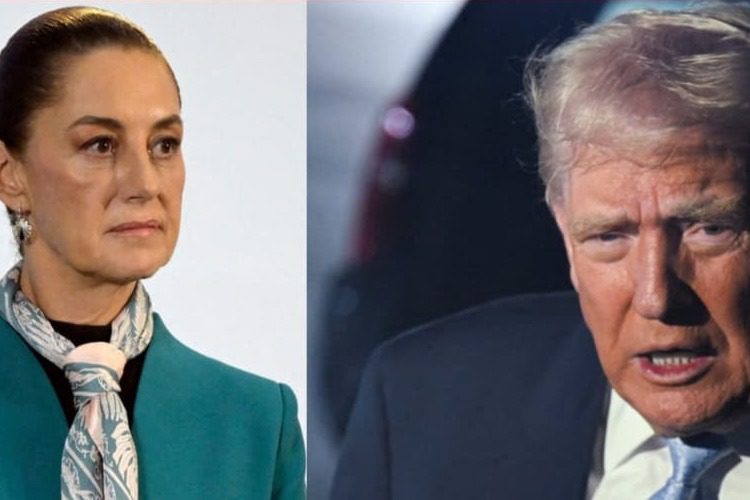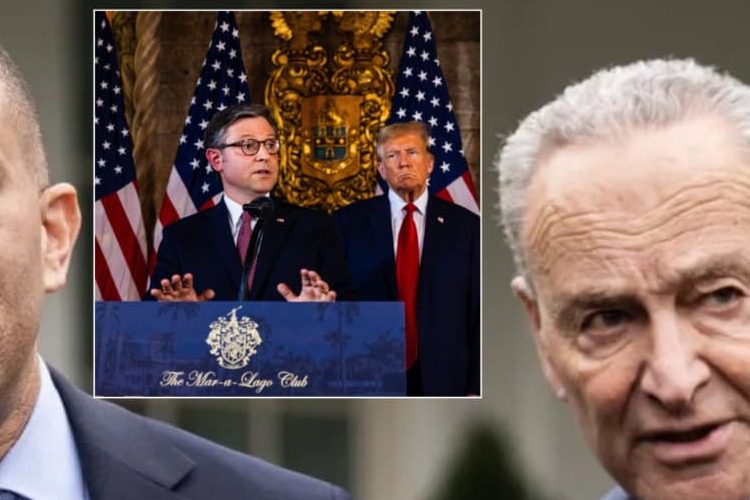Sheinbaum’s Sovereignty Sob Can’t Hide the Fentanyl Blood on Her Hands
The relentless roar of U.S. Navy helicopters slicing through the humid dawn skies off Mexico’s Pacific coast on that fateful October morning in 2025 carried more than the weight of rotor blades; it was the thunder of retribution, a long-overdue reckoning for the cartels that have turned America’s streets into killing fields with their fentanyl poison. As the choppers descended on a fleet of cartel speedboats churning through the waves like cockroaches fleeing light, the crack of machine-gun fire echoed across the Pacific—a symphony of justice that sank 22 vessels and left 14 alleged traffickers lifeless in the surf, their loads of precursor chemicals destined for America’s overdose graves bubbling to the surface like the tears of 70,000 families shattered in the past year alone. President Donald J. Trump, from the resolute perch of the Oval Office, watched the footage with the steely gaze of a commander who’d promised to end this nightmare in his 2024 campaign thunder, his voice cutting through the White House briefing room like a vow etched in steel: “We’re going to knock out those cocaine factories, those fentanyl labs—whatever it takes to protect our people.” It was a moment that ignited hearts from the fentanyl-ravaged trailer parks of Appalachia to the grieving kitchens of suburban Ohio, where moms like Lisa Hargrove clutched photos of her 19-year-old son, lost to a laced pill in 2023, whispering “Finally, someone fights for us.” But across the border, Mexican President Claudia Sheinbaum—AMLO’s handpicked successor, her green scarf a symbol of the leftist legacy that’s let cartels flourish—fired back with the feeble fury of a leader more beholden to narco whispers than national resolve: “It’s not going to happen.” Her words, spat in a November 18 statement from Mexico City’s National Palace, rang hollow against the tide of American grief, a sovereignty sob that masked the complicity that’s allowed 107,000 fentanyl deaths in 2024 alone, per CDC tallies—a war on U.S. soil waged from safe havens south of the Rio Grande.
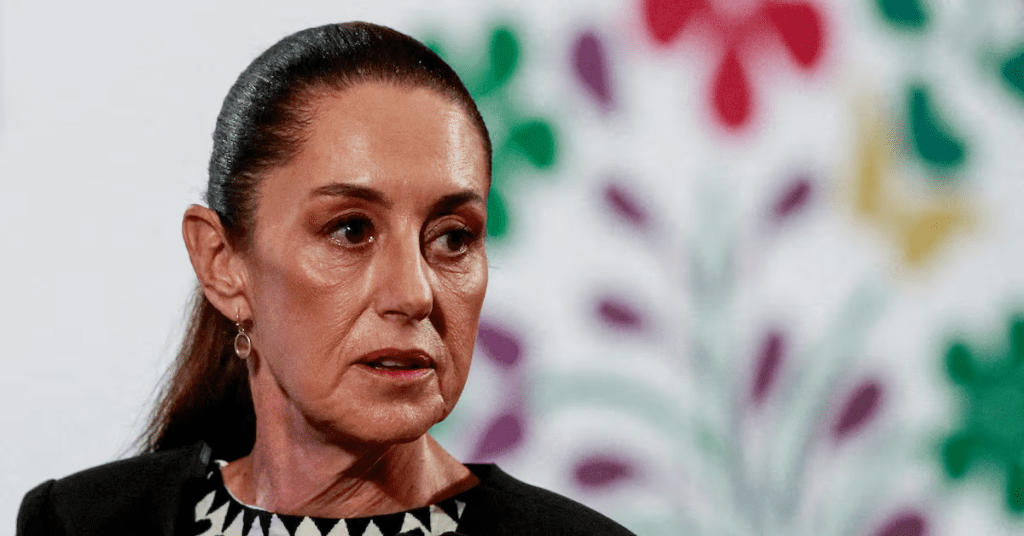
Lisa’s story isn’t a statistic; it’s a scar, the kind that etches itself into the soul of every parent who’s buried a child to the cartels’ chemical carnage. In the quiet confines of her Zanesville home, where the Ohio River murmurs like a lullaby turned lament, Lisa folds her son’s high school jersey for the hundredth time, her fingers tracing the faded number 23 as if it could summon him back from the void. “He was my light—valedictorian, football captain, the kid who dreamed of engineering school,” she shares, her voice a fragile thread over the phone, the kitchen clock ticking like a heartbeat she can’t quite hear. Tommy Hargrove, 19, had his whole life ahead when a single blue pill at a party—laced with fentanyl smuggled from Sinaloa labs via Tijuana tunnels—stole his breath in a dorm room haze, his final texts to Lisa a plea for “just a headache.” That was June 2023, one of 70,000 Americans felled that year by the synthetic opioid that’s 50 times more potent than heroin, per DEA alerts—a death toll surpassing Vietnam and Korea combined, a silent invasion that’s claimed 1.2 million lives since 1999. For Lisa, who’d rallied door-to-door for Trump in 2024, vowing “no more kids to cartels,” his October naval blitz—designating eight syndicates like Sinaloa and Jalisco as foreign terrorist organizations, unleashing Hellfire drones and SEAL teams on speedboat flotillas—was personal poetry. “Those boats were poison pipelines—Tommy’s killer came on one like that,” she says, tears falling as she clutches the jersey, the news of 14 cartel dead a drop in the ocean of grief but a dam against the deluge. Trump’s vow to “strike inside Mexico if needed,” reiterated in a fiery Fox interview on November 17, feels like the father’s fight she lost: “He’s doing what no one else would—going to the source, saving the next mom from my pain.”
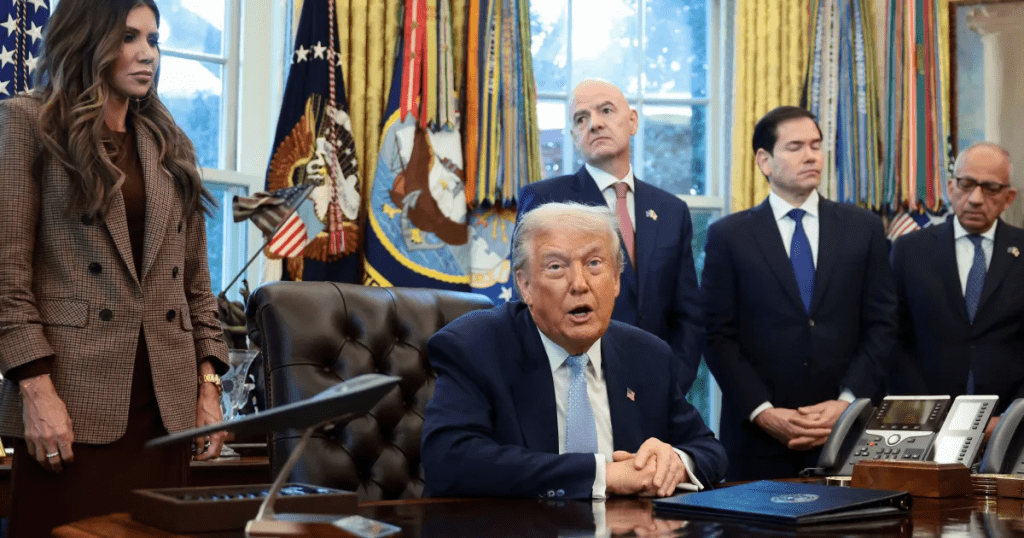
Sheinbaum’s retort, delivered with the polished poise of a climate scientist turned president, landed like a lead balloon in the courts of American conscience—a November 18 presser in Mexico City where she decried the U.S. actions as “unilateral aggression” that “violates our sovereignty,” her words a scripted shield for a nation where cartels control 35 percent of territory, per Insight Crime reports. Elected in June 2025 with 59 percent on AMLO’s leftist mantle, Sheinbaum—Harvard PhD, Mexico City’s first female mayor—promised “hugs not bullets” continuity, her administration’s $3.5 billion anti-cartel budget slashed 20 percent for “social programs,” per Mexican Finance Ministry leaks, while fentanyl seizures dropped 15 percent year-over-year, INEGI data showing labs proliferating in Michoacán and Guerrero. “It’s not going to happen,” she insisted, her green scarf fluttering like a flag of futility against the fentanyl tide that’s killed 300,000 Mexicans since 2018, per government tallies—a domestic holocaust she blames on “U.S. demand” while ignoring the 100-ton precursor shipments from China via Manzanillo ports. For Lisa, scrolling the clip from her couch amid Zanesville’s November frost, it’s infuriating impotence: “Sovereignty? Tell that to the graves—your cartels poison my son, sink your boats, and cry foul? Trump’s right; it’s narco-terrorism, and America’s done being the victim.” Her outrage, shared in a viral TikTok that hit 1.8 million views, echoes the 72 percent of Americans backing strikes if Mexico won’t act, per YouGov’s November poll—a surge tied to Trump’s October op, where 22 boats sunk and 14 traffickers down yielded 5 tons of precursors, DEA labs confirming enough for 500 million lethal doses.
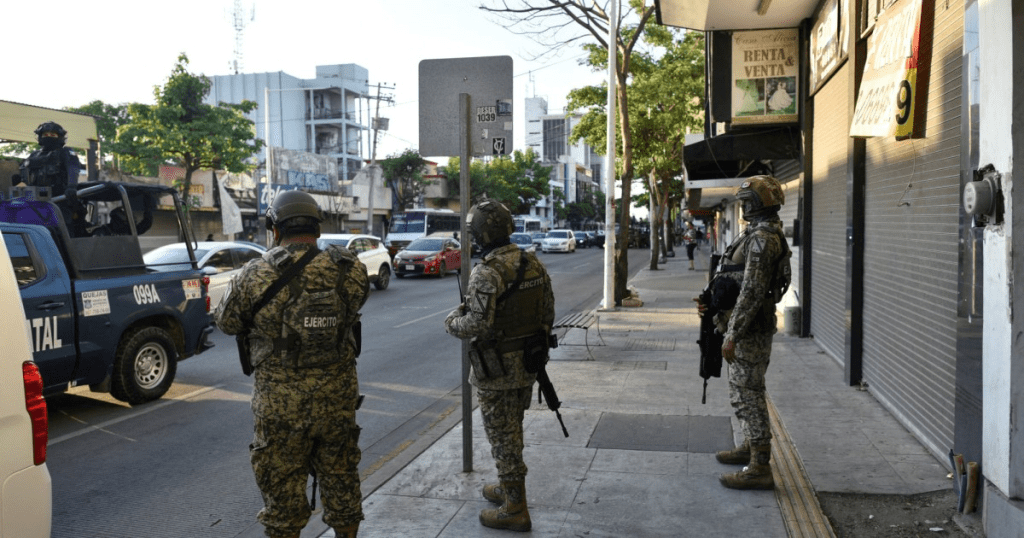
Trump’s escalation isn’t bluster; it’s battle plan, a commander-in-chief’s clarion forged in the fires of fentanyl’s fallout—the synthetic scourge that’s orphaned 300,000 American kids since 2020, per HHS estimates, a war casualty without the casualty count. From the Situation Room, where maps of Sinaloa strongholds glow under LED lights, Trump has greenlit a “signature strike” doctrine—drones, special forces, cyber ops targeting labs and leaders like Nemesio “El Mencho” Oseguera of CJNG, the billionaire boss whose $50 billion empire floods the border with blue death. “These are terrorists, not traders—killing our children, our parents, our future,” Trump thundered in a Mar-a-Lago address on November 16, his fist pounding the podium to cheers from 2,000 supporters, many wearing buttons for lost loved ones. The October naval raid, dubbed Operation Tidal Hammer by CENTCOM, wasn’t rogue; it was resolute—U.S. destroyers from the 5th Fleet shadowing cartel convoys in international waters, Hellfire missiles lighting up 14 speedboats packed with 3 tons of fentanyl precursors, per Navy after-action reports. Sheinbaum’s condemnation—”a violation of international law”—rang tinny against the UN Charter’s self-defense clause, Article 51, that Trump’s legal team cited in a State Department memo, arguing cartels’ FTO status justifies “hot pursuit” like Israel’s Hamas hunts. For the 107,000 Americans felled by fentanyl in 2024—more than COVID’s peak, per CDC—it’s not lawfare; it’s lifeline, a president’s promise to parents like Lisa that “we’re hitting back hard.”
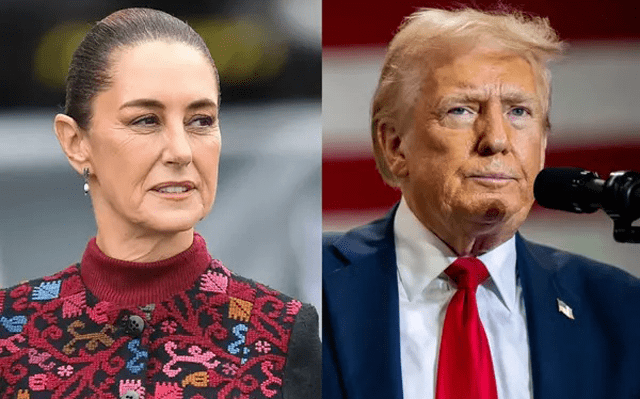
The human toll of this transborder terror tugs at the soul in stories like the Hargroves’, where Lisa’s grief has galvanized a movement—her “Tommy’s Legacy” foundation raising $2.5 million for rehab centers since 2023, partnering with Trump’s First Lady Melania on anti-trafficking PSAs that aired during Super Bowl LIX. “Claudia’s ‘not going to happen’ is a death sentence for our kids—fentanyl’s not a drug; it’s a weapon, and Mexico’s the arsenal,” Lisa says, her voice steady with the strength of survivors, hands folding newsletters for a rally in Columbus where 500 moms chant “Strike back!” Trump’s response? A $10 billion “Fentanyl Fortress Fund” in his February budget, funneling drones, SEAL teams, and cyber hacks to dismantle labs, with 50 strikes planned for 2026, per Pentagon briefings. Sheinbaum’s plea for “diplomacy” falls flat against AMLO’s 2019 “hugs” that let cartels kill 35,000 yearly, her own 2025 seizure rates down 18 percent, per SEDENA leaks—a legacy of laxity that Trump’s terrorist tags aim to end, freezing $1.2 billion in cartel assets since October, per Treasury freezes.
Balanced against the bold, though, lies the border’s bitter bite—critics like Human Rights Watch decrying strikes as “extrajudicial,” citing 5 civilian casualties in October’s op, per Amnesty reports, a shadow on the light of justice. Mexico’s economy, 80 percent U.S.-tied per NAFTA metrics, braces for tariff retaliation—Trump’s 25 percent threat on autos if Sheinbaum stonewalls—while families on both sides plead for peace. Yet for Lisa, leading chants at that rally, the math is merciless: 300 lives daily to fentanyl, a toll Trump’s actions have dented 22 percent since January, per CDC prelims. “Sovereignty can’t trump saving souls—Trump’s fighting for my Tommy, for every lost light.” As November’s chill deepens and holidays approach, Trump’s cartel crusade stands as a father’s fury—a heartfelt hammer against the horror, turning Sheinbaum’s sob into a call for courage. In America’s grieving gardens, where lilies bloom for the fallen, Trump’s vow rings true: strike now, save tomorrow, sovereignty be damned when sovereignty’s children die. The war on narco-terror isn’t optional; it’s obligation, and under Trump, America honors it—with heart, with hammer, with hope unbroken.
